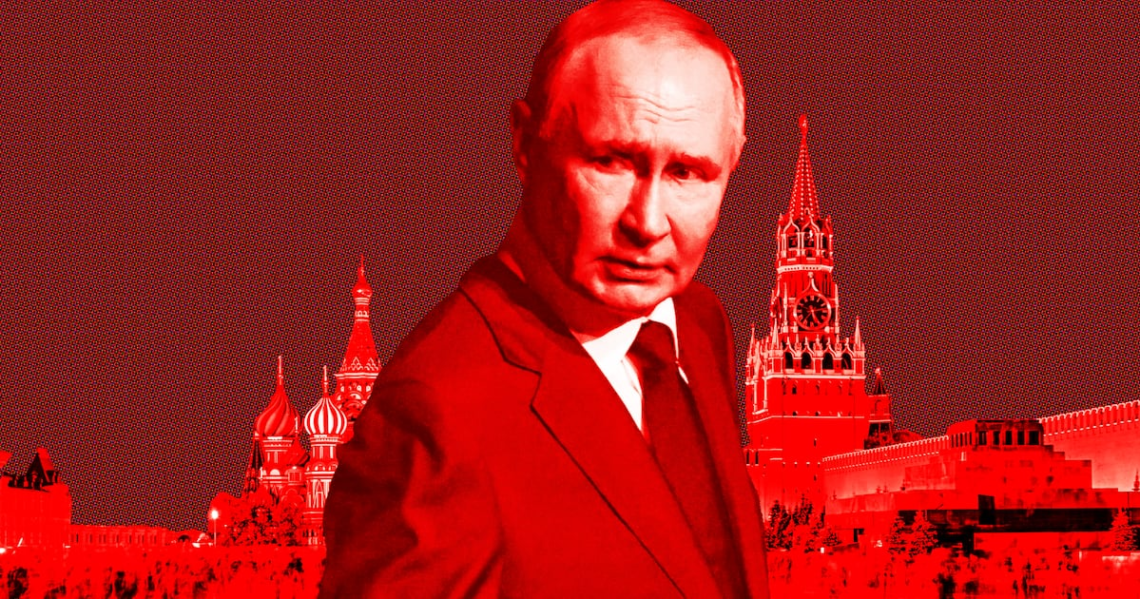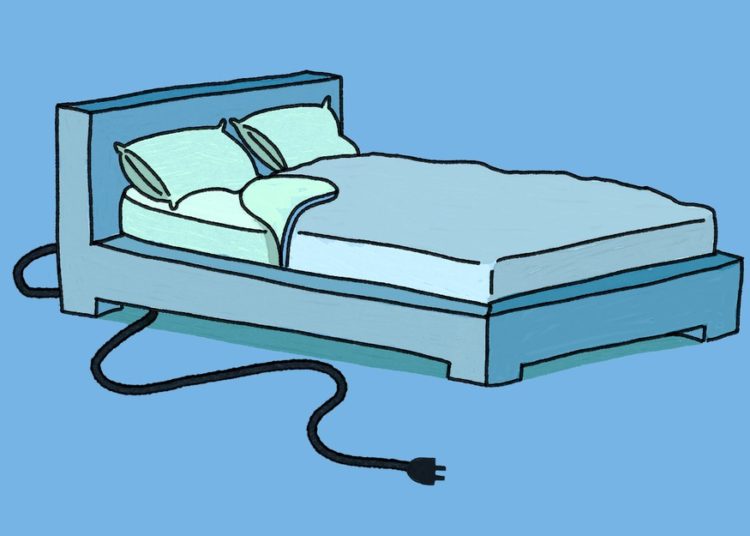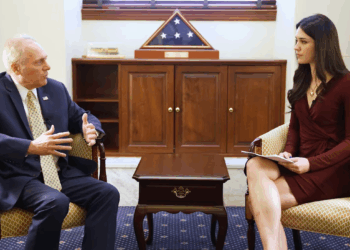Fear has been the invisible force holding President Putin’s Russia together for more than two decades. It kept ordinary citizens quiet, journalists self-censoring, and officials loyal. But the spell that once protected Putin is beginning to break.
Outside the Kremlin, a long, ragged line formed. Men in waterproof jackets clutched folders of complaints; pensioners leaned on canes; mothers pushed strollers toward the gate marked “Reception of the President of the Russian Federation.” The benches overflowed with petitions. Then a woman snapped.
“We’re sick of seeing them fill rooms with cash!” she shouted. “Who even chose these deputies? We never voted for them! Putin is feeding an army of men to solve our problems—but nothing changes!”
Her outburst drew applause from the crowd. Within sight of the Kremlin walls, ordinary Russians were accusing Putin’s men of theft and betrayal out loud. The scene captured on camera on Sept. 27 was a street protest, the kind that gets punished with time behind bars in Russia.
But despite years of horrific repression, ordinary Russians continue to speak out. The Nobel Prize–winning human-rights group Memorial counts more than 1,100 political prisoners in Russia. Dissenters have been jailed, tortured, exiled, or killed. Yet even under that pressure, frustration is bubbling to the surface: Russians carry their anger to Putin’s doorstep.
The Pyramid Starts to Crack
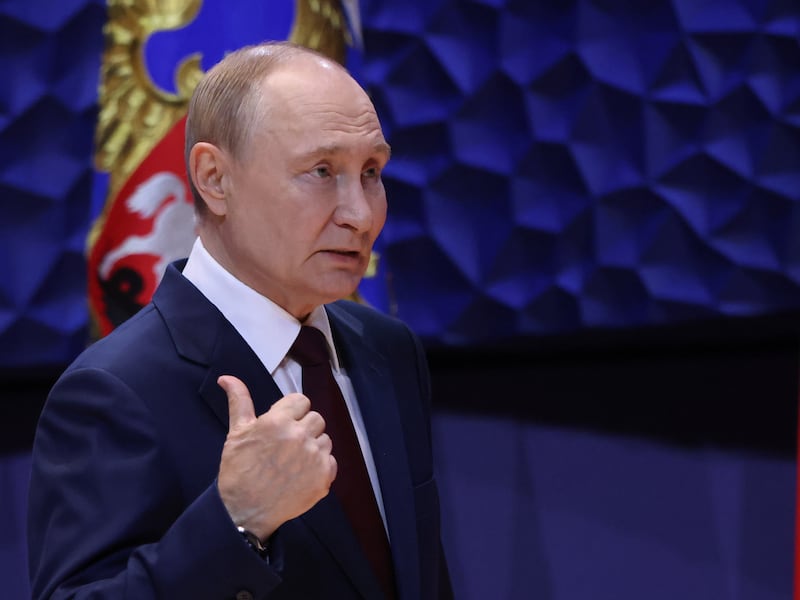
Putin built what he liked to call the “power vertical”—a pyramid of loyalists stretching from village mayors to oligarchs and generals. For 25 years, it held, but now cracks are beginning to show.
The discontent isn’t just coming from desperate citizens. Even the regime’s stage-managed opposition is turning on him. Gennady Zyuganov, the 81-year-old Communist boss who has defended the Kremlin for decades, blasted the government’s economic policy on state radio. “With an interest rate of twenty percent, we’ll run to nowhere,” he said. “Prices for potatoes have quadrupled—this is a complete disgrace!”
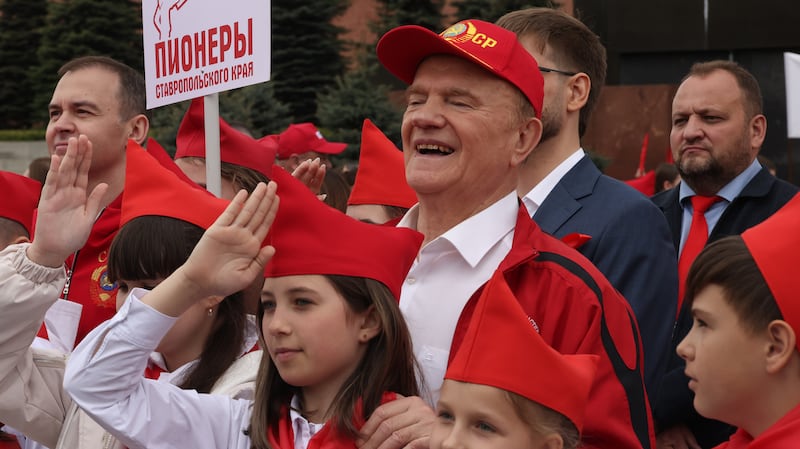
At a televised meeting with Putin, Zyuganov demanded the authority to fix it himself. The image of a Soviet relic humiliating the president over the price of potatoes captured the absurd new reality: the loyal are losing faith, and the boss looks cornered.
For ordinary Russians, potatoes have always been one of survival crops—humble, essential, the thing you could count on when nothing else worked. When even the potatoes fail, so does faith in the man who promised stability.
On the nationalist flank, the fiercely pro-Kremlin outlet Tsargrad now fumes that the courts protect Central Asian migrants instead of “ethnic Russians.” Editors accuse the judiciary of “shutting the people’s mouths” and demand a sweeping anti-corruption purge of governors, deputies, and judges who are “sinking in stolen wealth.”
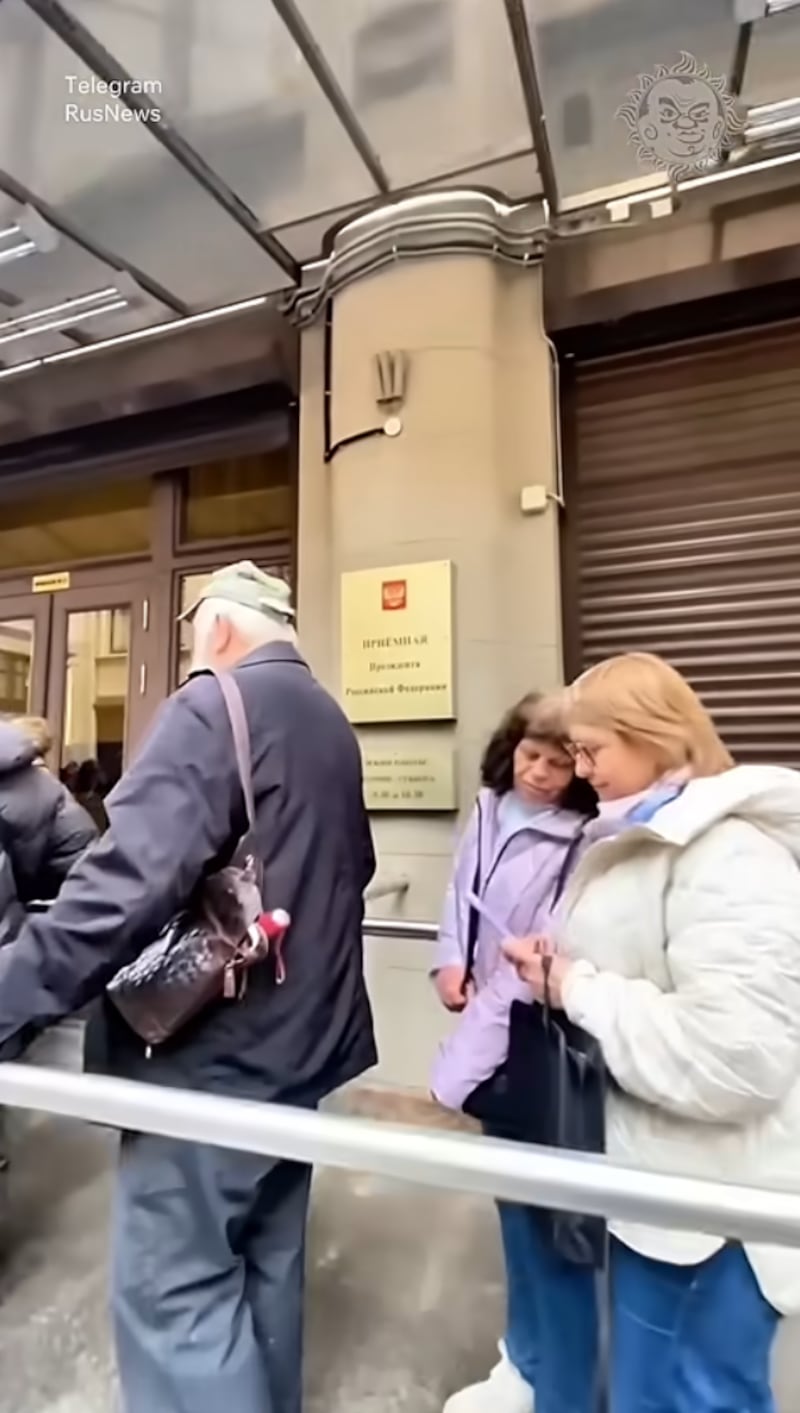
When both the Communists and the far right accuse the Kremlin of betraying Russia, the center of Putin’s pyramid is clearly damaged.
Each week brings another scandal from within the elite. To pacify public anger, Putin now feeds the mob his own lieutenants. Last week, Tsargrad ran one more angry story about police feeling afraid of the courts: “Russian society is feeling more and more disappointed about the work of the justice system,” The conservative newspaper called for changes in the way courts treat corrupt law enforcement officers: “The police in Russia have been pushed to the brink, and now not only Russian lives but also the government’s authority is at stake.”
Russians watch the system rot. Last month’s offering was Supreme Court Judge Victor Momotov, stripped of 95 properties and billions of rubles allegedly amassed through mafia-linked hotel deals. A day earlier, prosecutors seized assets from two generals accused of taking colossal bribes. At the same time, a deputy governor who tried to dodge prosecution by volunteering for the war in Ukraine was arrested anyway.
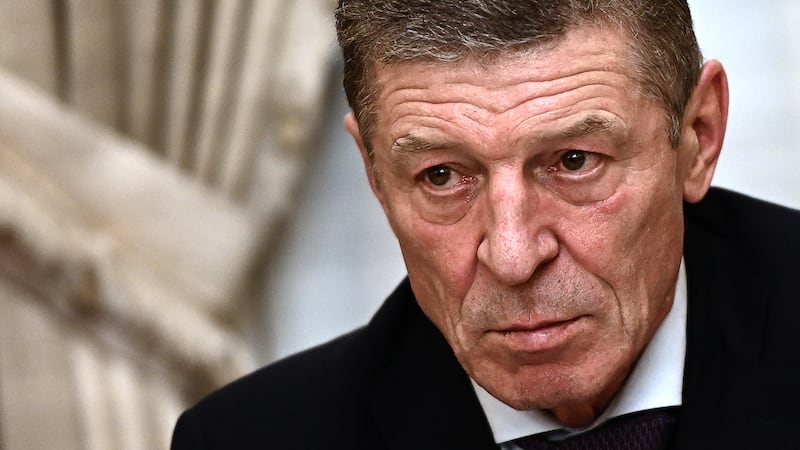
“The arrests are intensifying,” said Ilya Shumanov of Transparency International Russia. “The contrast between rich and poor, the ongoing war, and rising prices are enraging Russians.”
Even Putin’s inner circle is thinning. Dmitry Kozak, his first chief of staff and a confidant since 1999, abruptly resigned last month with no new appointment—an unheard-of fall from grace. In a moment of foreshadowing, he told me almost 20 years ago: “If you say you are going to put corrupt bureaucrats and thieves in prison, you have to do it.”
Ten days after his resignation, pro-Western parties swept elections in Moldova, one of Kozak’s former responsibilities. For a ruler obsessed with loyalty, losing an ally of that vintage is a bad omen.
War That Broke the Spell
Meanwhile, life for ordinary Russians keeps sliding backwards. In Putin’s hometown of St. Petersburg—population 5.6 million—around 1.5 million pensioners scrape by on meager stipends.
“We barely make it from one pension to the next while the men at the top just steal billions,” a retired doctor told the Daily Beast. “Prices keep rising, and Putin fights wars instead of thinking of us.”
The sentiment now echoes across Russia’s cities. Every new sanction, every conscription order, every funeral from Ukraine chips away at Putin’s promises of stability in the early 2000s. The share of Russians in favor of peace talks increased to the record high, 65.9 percent, according to Levada Center’s August social polls.
The invasion of Ukraine was supposed to prove Russia’s might. Instead, it has drained its treasury, isolated its industries, and exposed Putin’s vulnerability. And although 78 percent still say they support the actions of the Russian military in Ukraine, people begin to realize that the taxes will grow in 2026 and their family budgets will suffer, as a result of Putin’s four-year-long war.
Western sanctions have frozen hundreds of billions of dollars in assets and crippled imports of technology and machinery. The ruble is sinking, prices are soaring, and the Kremlin has resorted to raiding pension funds and regional budgets to keep the war machine running.
Russian economists estimate the country’s “shadow budget” for military spending has nearly doubled since 2022, while hospitals, schools, and infrastructure crumble. The central bank’s emergency interest-rate hikes—now around 18 percent—have strangled credit for small businesses and families.
Inside Russia, anger is no longer confined to liberals or activists. It’s ordinary people, by soldiers’ mothers demanding to know where their sons are, and by pensioners counting coins at the market. The humble potato—once the measure of survival—is now the symbol of collapse.
The people who lined up outside the Kremlin weren’t dissidents or radicals. They were citizens who finally realized the president’s promises of stability were a lie.
The woman shouting outside the Kremlin spoke for millions. Her voice carried across the Old Square and into the marble corridors beyond.
The frozen grip that once kept Russia quiet is slowly cracking. And the man who built his rule on it can finally hear, faint but growing, the sound of his own citizens talking back.
The post Putin’s System Begins to Collapse as Russians Finally Dare to Confront Him appeared first on The Daily Beast.
